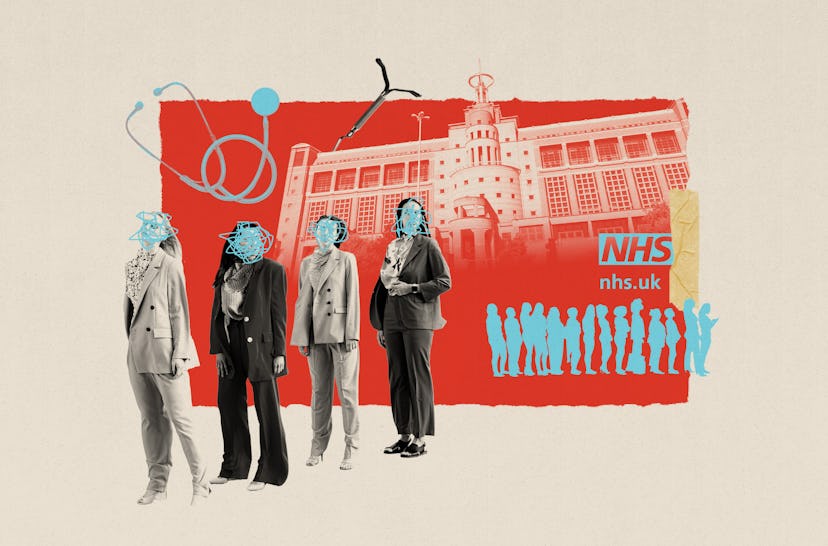Health
Three women on how attitudes to gynaecological symptoms and growing waiting lists have left them in agony.
You dont have to look far to find a harrowing story experienced by awoman seeking healthcare.
No one is arguing that healthcare for women should take priority over that of men.

And yet, it is frequently reported thatstudies centred on menvastly outnumber those that focus on female healthcare.
We now know the conditions that women are specifically susceptible to can be torturous.
So, we can no longer feign ignorance.
The pain gap between men and women is all about prejudice.
This experience is even more challenging for Black women.
In 2022, a study showed that 75% ofBlack people aged 18-34 had experienced prejudice from doctors.
So, for Black women, the healthcare barriers are twofold and the pain gap even more significant.
In my journey to learn more about this issue, the first place I turned to was Twitter.
Right there, at the top of my search, was one womans experience that encapsulated the phenomenon.
This bang out of dismissal is not uncommon.
In her late teens, Marie* made a trip to her local GP.
The way the doctor treated me … it was so dismissive.
It almost scared me to go back, she made me feel like it was all in my head.
It really put me off going to the doctor or ever admitting anything is wrong, for my faults.
The flippant nature of her GPs advice seems shocking, but Maries experience is all too common.
But why are women made to feel so invisible in healthcare?
And the reason behind all of this?
Marie never progressed with her healthcare concern.
With asuspected case of endometriosis, her road to diagnosis has been long.
Every time I get my period I either pass out or throw up, she said.
I mustve been about three times before they decided I didnt just have bad period pains.
That was eight months ago.
Ive been waiting to see a gynaecologist since then.
Emma* recently had an IUD (also known as the coil) fitted.
Despite expecting pain, her symptoms went beyond what is described as normal.
It was between midnight and about 4 a.m. when it became totally, totally abnormal pain, she said.
And I was on as many painkillers as I could take.
As a lawyer within the medical sector, Emma knew the kind of attention this incident warranted.
But, after a very thorough experience with 111, she told me her pain was swiftly undermined.
When I got to the hospital, that’s when it felt like they were less concerned.
It felt more dismissive.
Yeah, I did feel dismissed.
I dread to think.
*Marie, Yasmin and Emmas names have been changed to protect their privacy.